In the last two decades, several presidents of Latin America They have faced impeachment trials that resulted in removal from office or being forced to do so. Guillermo Lasso is the most recent case, after being accused of an alleged participation in the crime of embezzlement. Ecuador now finds itself in a critical landscape after the president dissolved Congress and announced new elections.
However, Lasso is not the only one who has faced a trial for the alleged poor performance of his duties. Who are all the other presidents in the region that were ousted and why?
Impeached Presidents in Latin America
Similar situations have been seen in other countries, such as Peru, with Martín Vizcarra and Pedro Castillo; Brazil, with Dilma Rousseff; Guatemala, with Otto Pérez; Ecuador, with Lucio Gutiérrez; Paraguay, with Fernando Lugo; among others. Likewise, in the Venezuelan case, there is Carlos Andrés Pérez, who ended up being sentenced to prison.
1. Peru
The most recent case occurred on December 7, 2022, when the now former president Pedro Castillo He was dismissed and arrested after 17 months in office, after being accused of corruption and influence peddling. Before being vacated, he made the decision to dissolve Congress. Dina Boluarte took office, causing a new political crisis in the country.
Three years ago, in the midst of the COVID-19 pandemic, Martin Vizcarra He was dismissed for “moral incapacity”. Manuel Merino succeeded him and protests arose that ended with two deaths and his resignation, after five days in office.
Peter Paul Kuczynski and Alberto Fujimori also added to the list.
2. Ecuador
In April 2005, the president Lucio Gutierrez He was also removed from office after being accused of including people close to him within the Supreme Court of Justice. After 13 years, a similar scene was experienced with Guillermo Lasso.
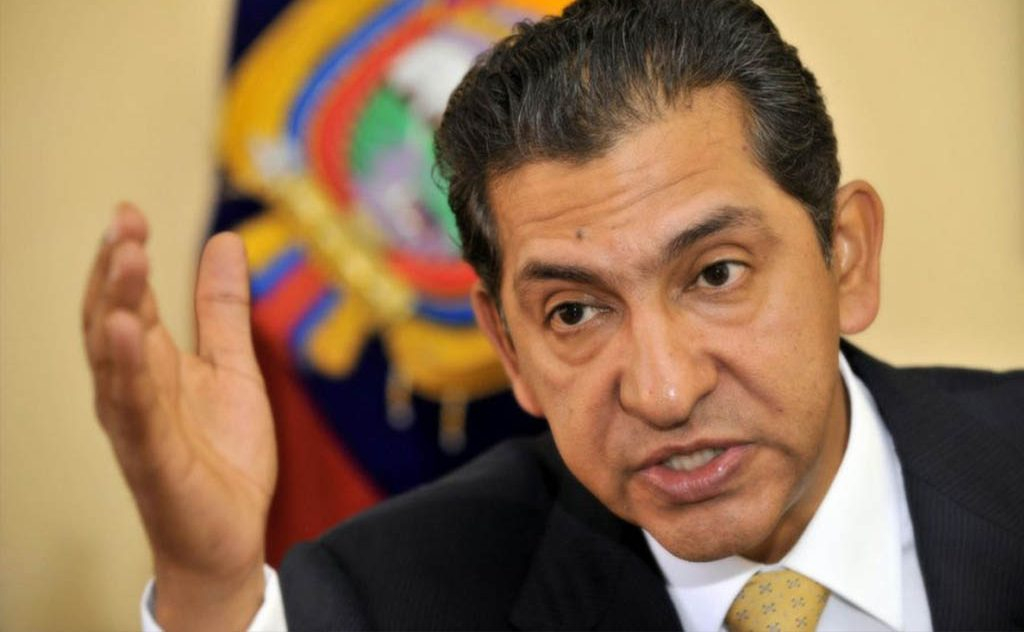
According to the internationalist Farid Kahhat, in this last case, there was a “political calculation”. In the first place, “the charge against Lasso was frankly weak, he was basically accused of not having terminated a contract signed by the previous government,” he said. In addition, Lasso “was calculating, until the last minute, if there were the votes to remove him or not. When he was convinced that he did, he invoked this clause of article 148, where the Constitution allows him to dissolve Congress and call general elections, ”said the expert.
3. Brazil
Dilma Rousseff took office as president of Brazil in 2011, but was removed on August 31, 2016 by more than two-thirds of the senators, who accused her of making up public accounts in a highly controversial procedure. Three years later, her successor Michel Temer, described as a “coup plotter” by the left, ended up facing the same result.
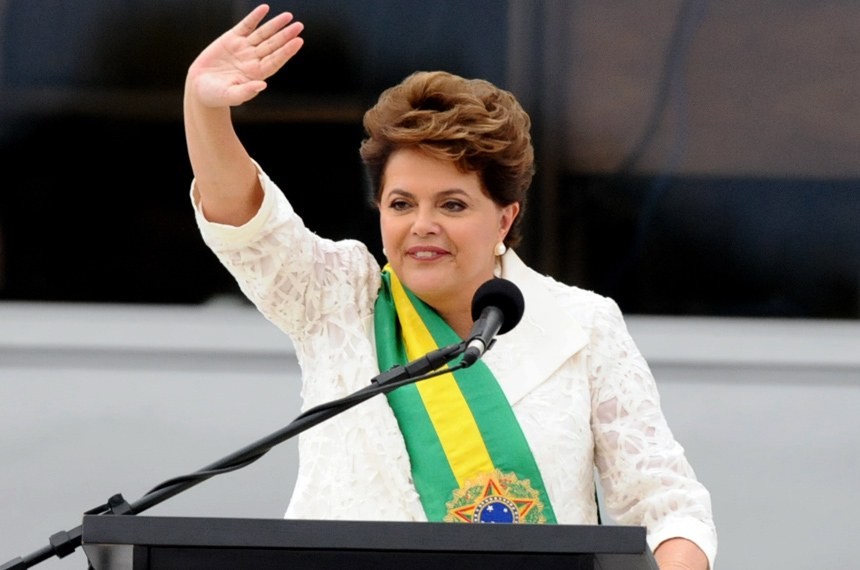
4.Guatemala
In September 2015, the then president of Guatemala, Otto Perez, resigned before being removed by Parliament after being accused of running a system of corruption in customs. Finally, he was arrested and convictedon December 7, 2022, to 16 years in prison.
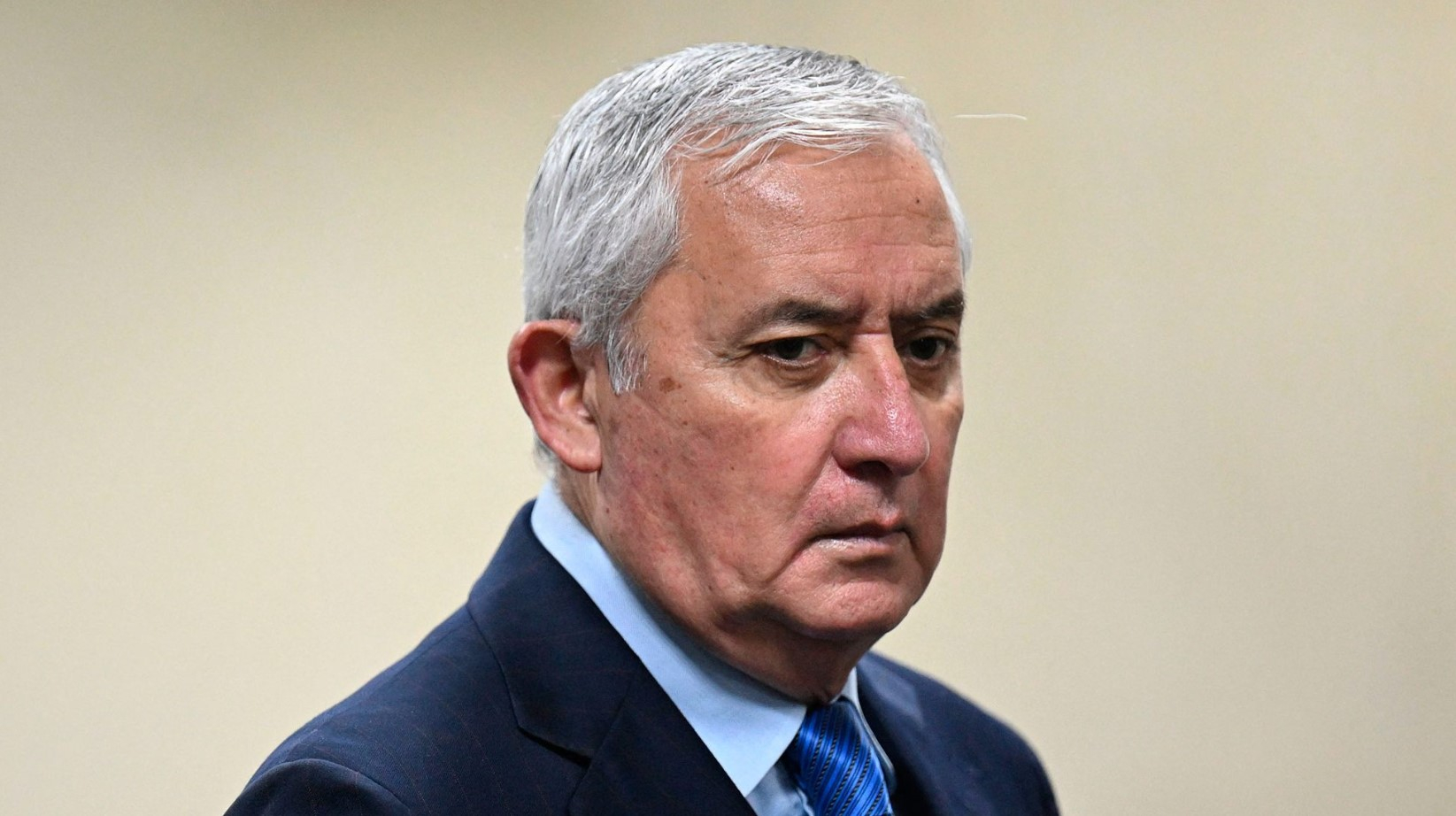
5. Paraguayan
The mandatary Fernando Lugo He was dismissed in 2012 for being linked to a police operation against landless peasants that ended with 17 deaths.
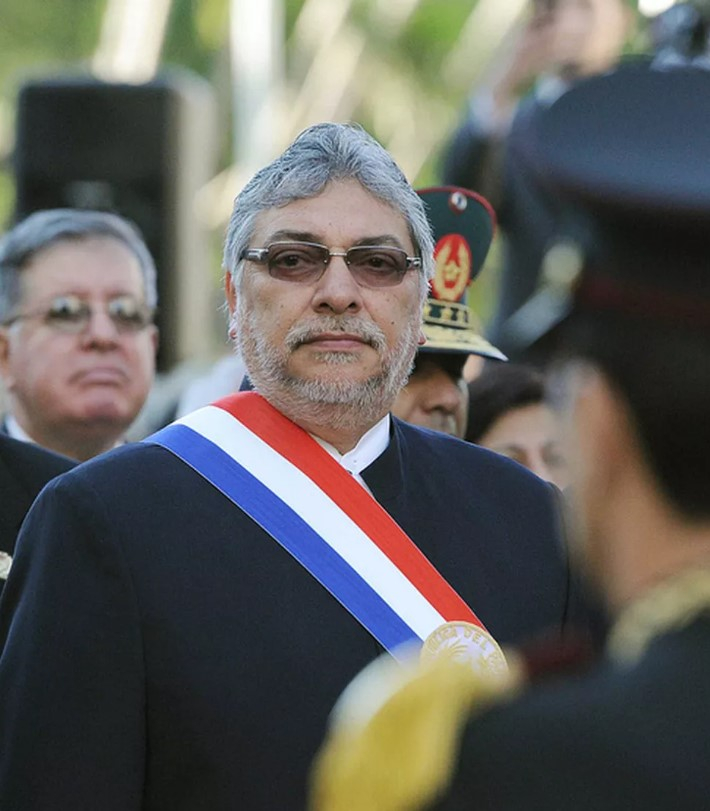
6. Venezuela
President Carlos Andres Perez He was charged with embezzlement and illicit enrichment, for which, following the Senate’s decision, he was dismissed in May 1993. Three years later, he was sentenced to two years and four months in prison.
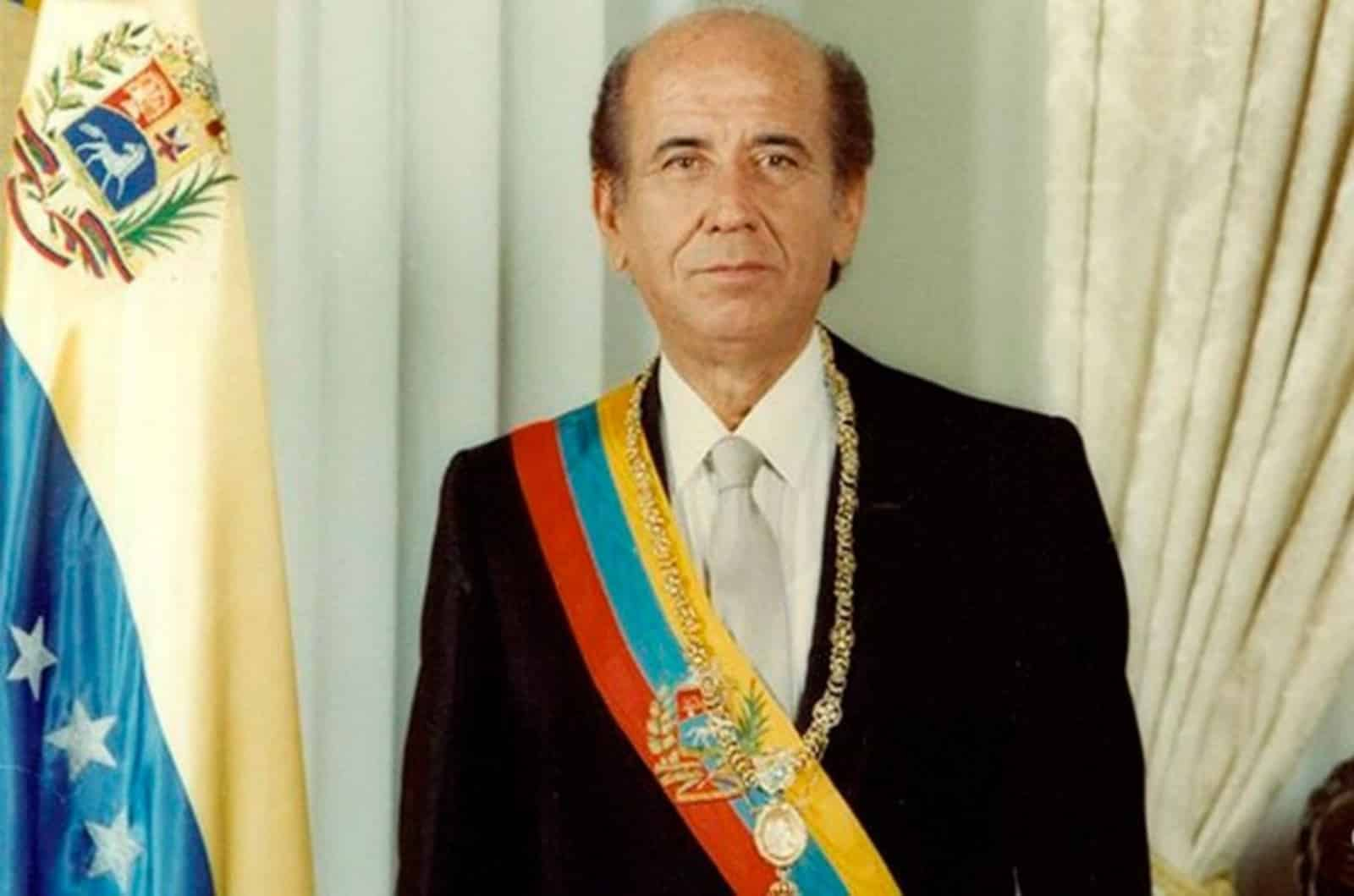
A crisis that continues for several decades: why?
the internationalist Farid Kahhat points out that the dismissals in Latin America are due to the fact that “we have a political culture problem”, in which “the other is not considered a valid political actor, but rather an existential enemy and is not treated in accordance with the rules of the game established by the Constitution”, he explained.
For decades, a “polarization” has been present; that is, “do you think the other is an enemy trying to destroy you. Suddenly you feel that it is lawful to ignore legal or constitutional norms, if it is a question of defeating him, and that type of mentality is found by one on the left and right,” Kahhat said.
It should be noted that it is not a question of differentiating the left with right, but the radicalism and “authoritarianism” of both is a problem. “At least, more in South America, we are with this who wins or not”, clarified the expert on international issues.
Likewise, he said that the dismissals of the presidents have been coups d’état and “more common by questionable decisions of Congress”. Although this last reason would not include Pedro Castillowho did “attempt a coup d’état and, therefore, himself placed himself outside the Constitution,” Kahhat pointed out.
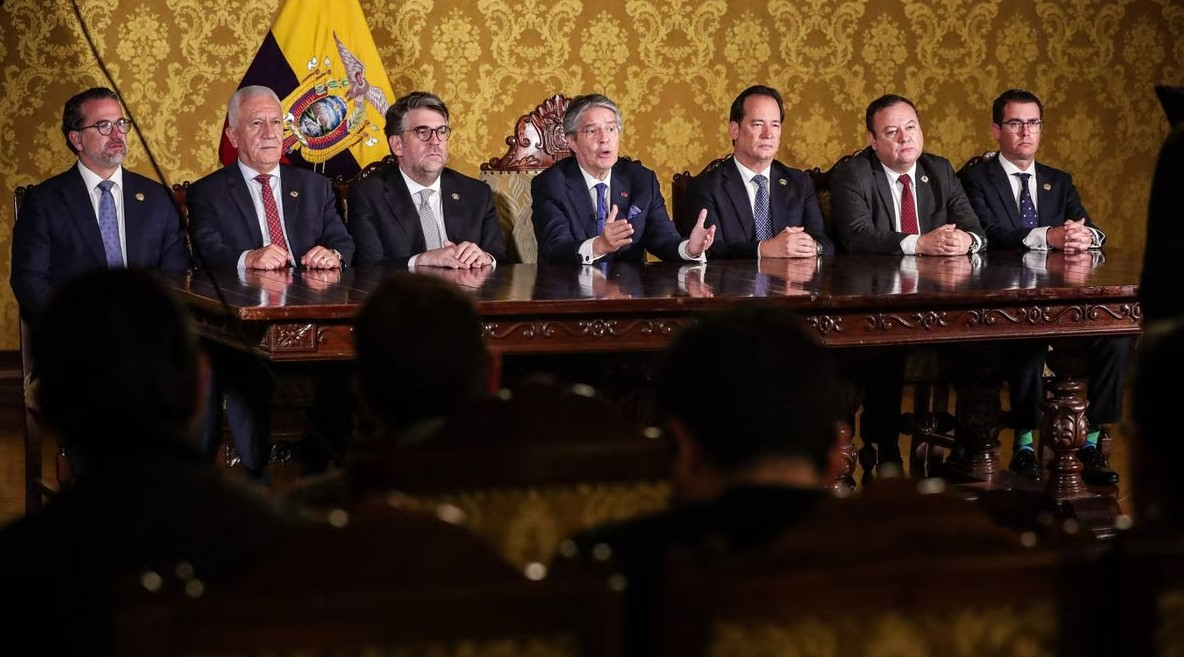
Regarding the case of William LassoHe replied that, in his opinion, yes it was constitutional the dissolution of the National Assembly. “The Constitution allows you to dissolve Congress and call general elections if there is a political crisis and internal commotion. (…) He explicitly says that this is in the president’s opinion, so I do believe that it is constitutional, ”he said.
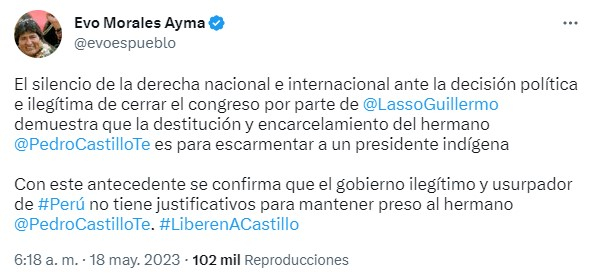
Evo Morales has declared on the subject and its comparison with Peru. “The silence of the national and international right in the face of Guillermo Lasso’s political and illegitimate decision to close Congress shows that the dismissal and imprisonment of brother Pedro Castillo is to punish an indigenous president,” he said on Twitter. Faced with this, the internationalist maintains that the former president of Bolivia “has no moral authority to judge the constitutionality of a decision from a country that is not his own when he is neither a jurist nor does he respect the Constitution that his own party approved,” he said.
Source-larepublica.pe
The post Castillo, Rousseff, Gutiérrez and others: why don’t governments work in Latin America? appeared first on American Journal.
from News latest news and hot topics - American Journal https://ift.tt/KpamsOI https://ift.tt/LxeFUtK


0 Comments